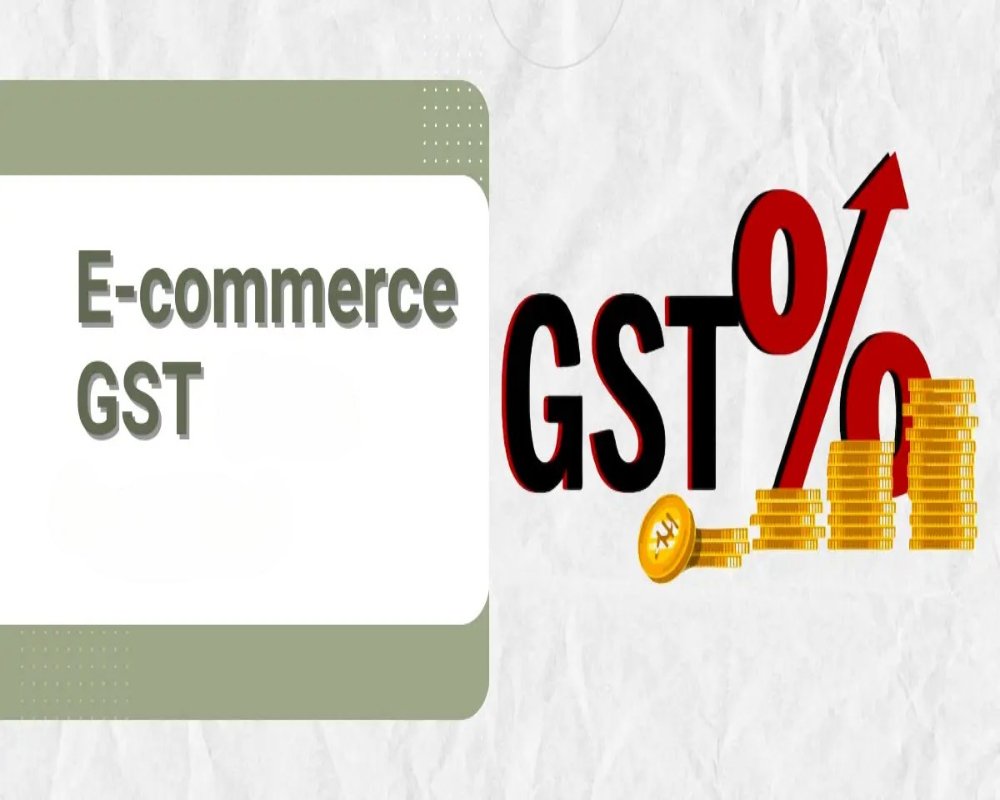Several e-commerce partnership firms are under legal scrutiny following investigations by the Goods and Services Tax (GST) authorities, which have uncovered alleged tax evasion practices involving underreported sales, fake invoices, and unauthorized input tax credit claims. The ongoing probe highlights the growing regulatory focus on informal and partnership-based sellers operating on digital platforms.
According to officials from the Directorate General of GST Intelligence (DGGI), the investigation spans multiple states and involves partnership firms that supply products through major e-commerce portals. These firms are suspected of manipulating sales data, operating multiple GST registrations, and using bogus supplier networks to falsely inflate expenses and reduce tax liabilities.
“Some partnership firms were found issuing and receiving invoices from shell entities to claim input tax credits without any actual movement of goods,” said a senior GST officer involved in the probe. “In several cases, firms also failed to file GST returns despite generating substantial online sales.”
Authorities have issued summons and notices to various firms, demanding reconciliation of sales records, bank statements, and GST filings. E-commerce platforms are also being asked to furnish transaction data and seller details to aid the investigation. Legal action under Section 132 of the CGST Act may follow in cases involving deliberate evasion, which carries penalties including arrest and imprisonment.
Legal experts note that while partnership firms offer flexibility to small sellers, compliance with GST rules is non-negotiable, especially in digital commerce where transaction trails are traceable. Non-compliance could result in blacklisting, cancellation of GST registration, and disqualification from selling on online marketplaces.
The crackdown underscores the government’s intent to bring uniform tax compliance across all business structures and platforms. E-commerce sellers operating as partnership firms have been advised to review their tax records, ensure accurate invoicing, and maintain transparency in order to avoid regulatory action.


0 Comments